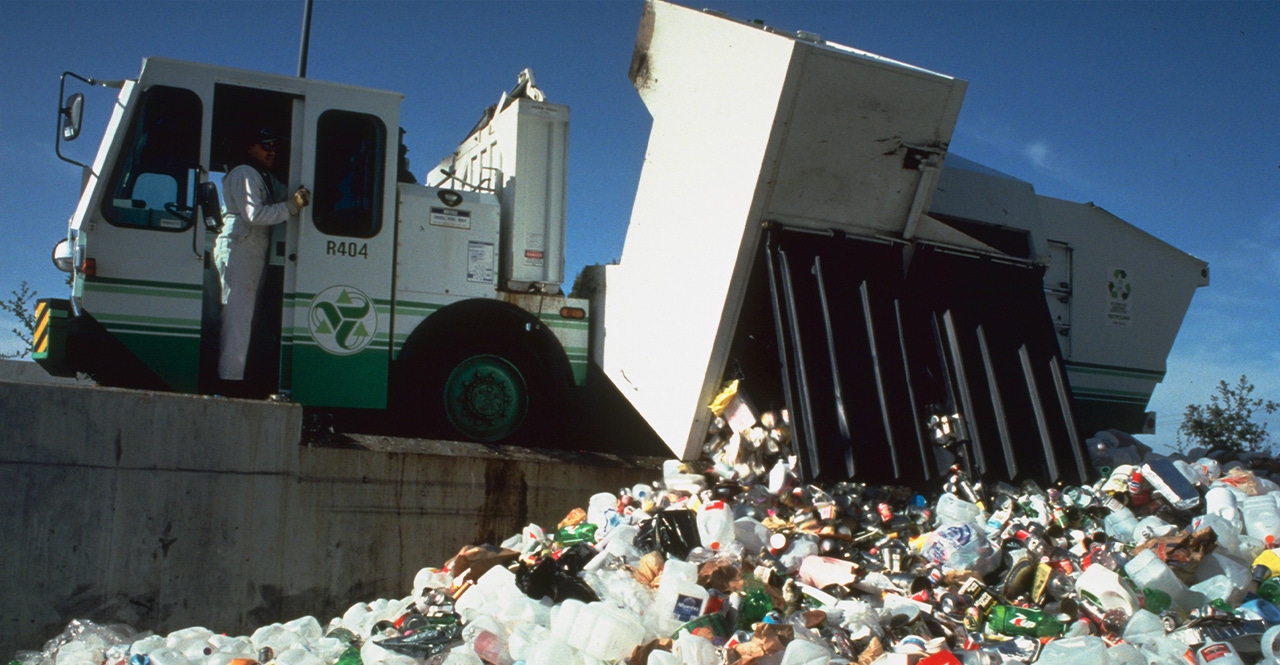From Landfill to Feedstock: The Power of Hybrid Recycling
As plastic waste continues to threaten the environment, the demand for innovative recycling solutions is growing. By combining mechanical and advanced recycling methods, companies like Dow are working to transform plastic waste into renewable resources, contributing to a circular economy and reducing reliance on fossil feedstocks.

Plastic waste is an undeniable problem for our planet today. As experts predict the demand for plastic to nearly triple from 2019 numbers by 2060, manufacturers and recyclers are innovating rapidly to figure out how to recycle more plastic, keeping it out of the environment and in the circular economy.
While mechanical recycling, the method with which most people are familiar, is effective for some materials, it does not account for all plastics. For instance, plastic films like those used in spinach or lettuce bags to maintain freshness serve an important purpose, but they are difficult to recycle. Advanced recycling, however, can capture more of these hard-to-recycle items and turn them into feedstock. Combining these recycling methods into an approach known as hybrid recycling can help tackle the plastic waste problem.
The Value of Advanced Recycling
Advanced recycling works by turning plastics like flexible films into gas or liquid raw material that can then be remade into virtually any plastic product, designed to be recycled again and again. This allows a far greater range of plastic — including multi-layer packaging, which is often sent to landfill or incineration due to the nascent collection and end markets — to enter the circular economy.
While advanced recycling technology has existed for some time, the innovative collaborations between suppliers, manufacturers, producers and other value chain players necessary to accelerate at the scale necessary for meaningful impact are still in their infancy.
Collaborating for a Circular Future
Dow is committed to investing in such collaborations to grow the capabilities of recycling systems. For example, Dow and Freepoint Eco-Systems Supply & Trading LLC recently announced a supply agreement for 65,000 metric tons of circular feedstock. Freepoint Eco-Systems is building an advanced recycling facility in Arizona to recycle end-of-life plastic waste, which would otherwise be destined for landfills or incineration, from the region.
The facility will process the waste and convert it into recycled pyrolysis oil. For every ton of plastic waste, approximately 70% is expected to be converted to pyrolysis oil and sold exclusively to Dow for phase one of the facility, beginning as early as 2026.
As the sole off-taker from phase one of the Arizona facility, Dow will transform the certified-circular liquid supply into virgin-grade equivalent plastics and develop improved products to address customer demand for recycled content.
The resulting products will be suitable for use in various applications — including food-grade packaging (such as pet food, confectionery and snacks) and medical and pharmaceutical packaging — while maintaining existing product performance and reducing reliance on fossil feedstocks.
The collaboration with Freepoint Eco-Systems is one example of how Dow is accelerating progress toward its Transform the Waste goal to transform plastic waste and other forms of alternative feedstocks into 3 million metric tons of circular and renewable solutions annually by 2030. Another recent step toward achieving this goal is Dow’s announcement to acquire Circulus, a recycler of plastic waste into post-consumer resin. With Circulus’ mechanical film recycling capability, Dow will be able to enhance its offerings in applications — such as collation shrink packaging, stretch film, liners and select food packaging — to a wider range in the industrial, consumer and transportation markets.
These recent collaborations—in addition to existing agreements with SCG Chemicals, WM, Mura and Valoregen—showcase how Dow is encouraging collaboration along the value chain to innovate new technology and build new business models to accelerate the scale-up of advanced and mechanical recycling systems. Such commercially viable, innovative collaborations across the value chain are essential in building a materials ecosystem that can unlock the value of waste and build progressive recycling infrastructure for plastics. Every step toward building a circular economy is a step toward using fewer resources in making materials that meet the growing demand.
About the Author
You May Also Like


.png?width=300&auto=webp&quality=80&disable=upscale)